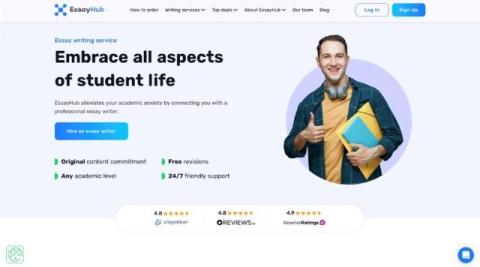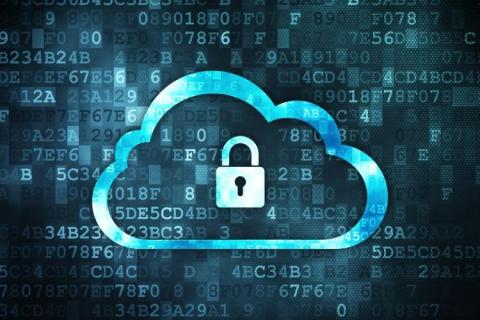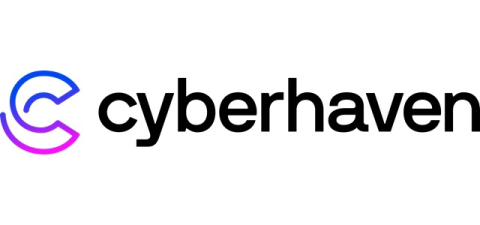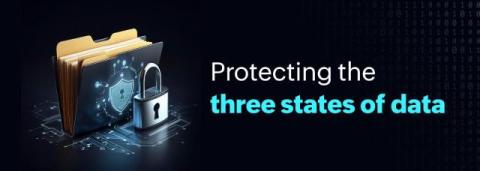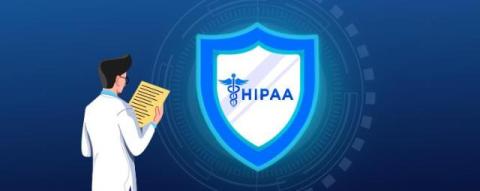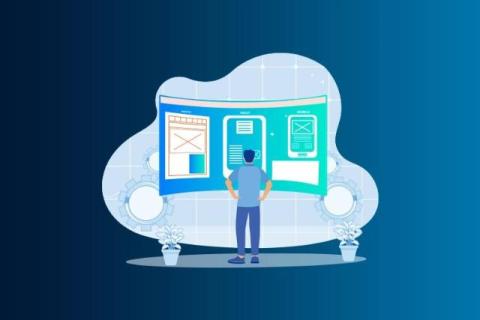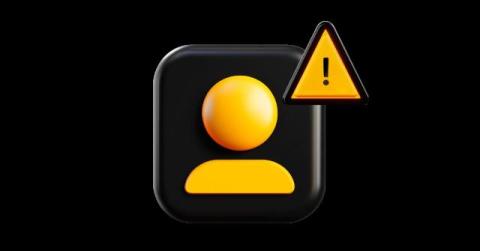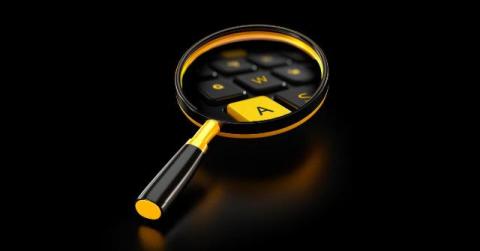EssayHub Review: A Closer Look at the New 1-Page Abstract Feature
As a student, you might already be familiar with EssayHub, a popular platform that gives you a leg up on your academic work. Its reputation for helping students with essays and big projects has been growing, and I got curious-does it really live up to the hype? I decided to test the service myself. It's clear that the mission of EssayHub is to assist students through its diverse academic offerings. This is not just about writing essays; it's about giving you tools to excel academically.


